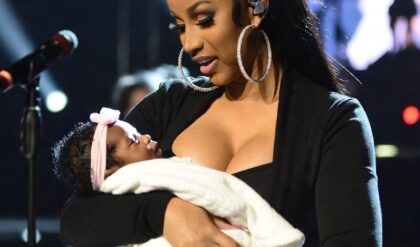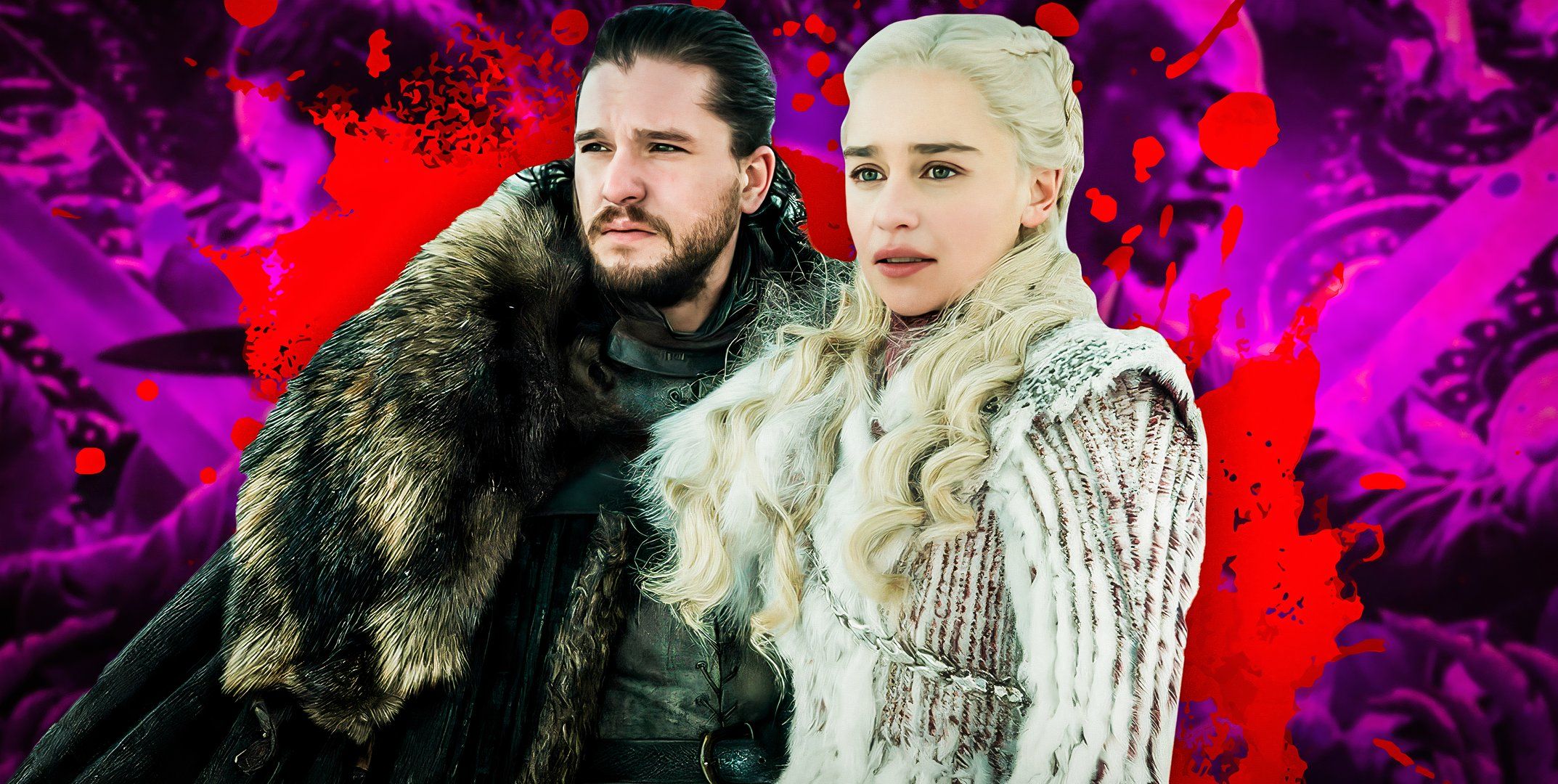
However, the series (which was a co-production with the now defunct Weinstein Company) ended up only getting twenty episodes and a special before being unceremoniously canceled a few months after the conclusion of its second season. Although the show didn’t change the TV landscape in the way it was intended to, Marco Polo‘s legacy does still cast a shadow over Netflix and how the streaming service now gauges success with their original productions a decade later. Here’s how Netflix’s early answer to Game of Thrones flopped critically and financially, and how it changed the way Netflix operates to this day.
Marco Polo Was Netflix’s Big Bet Against Game Of Thrones
Marco Polo Gave Netflix Their Own Medieval Epic
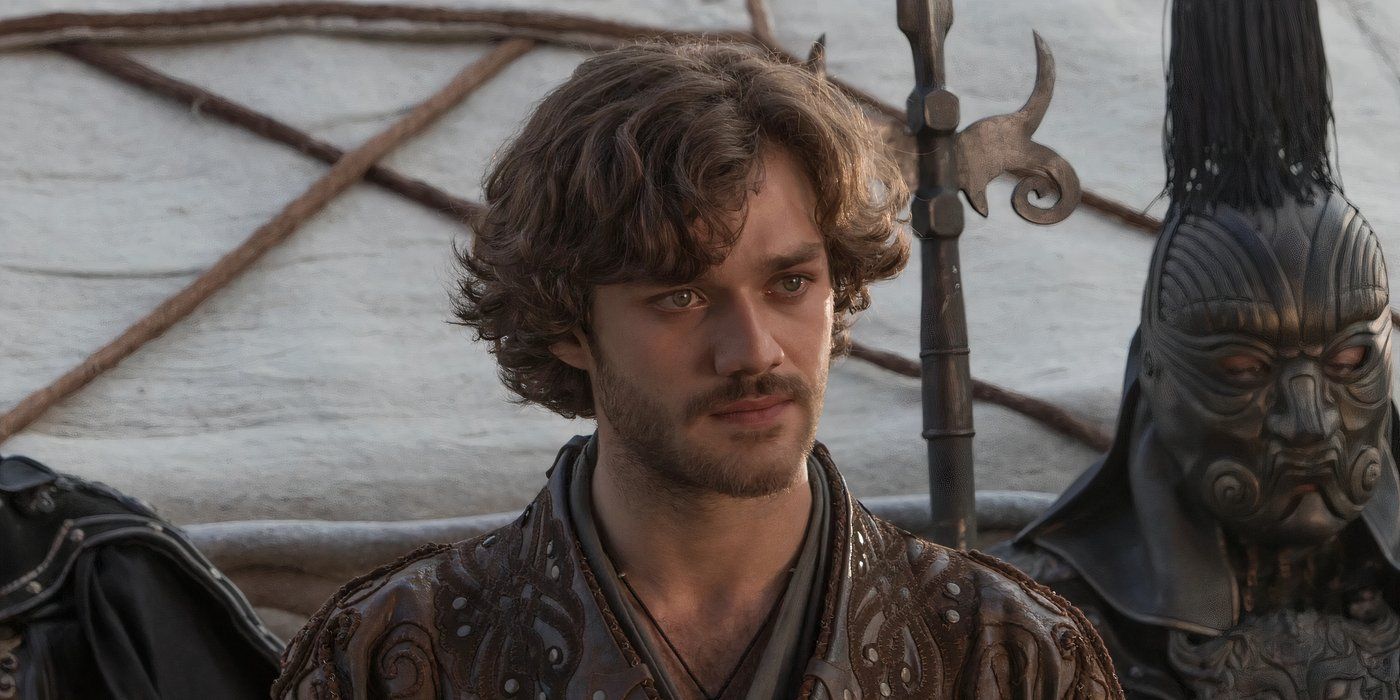
Marco Polo was supposed to be Netflix’s answer to Game of Thrones, but the historical epic didn’t make the kind of a cultural impression that would justify the massive budget. Marco Polo was based on the story of the titular Venetian merchant and explorer. After traveling to China in the 13th century, Marco found himself a “guest” of Kublai Khan, the ruler of the Mongol Empire. The series featured plenty of historical tweaks for the sake of the story, painting Lorenzo Richelmy’s version of Marco Polo as a skilled warrior and giving Benedict Wong a meaty dramatic role as Khan.
Marco Polo was a massive endeavor and had originally been intended to be produced by Starz. The first season of the show cost roughly $90 million, making it one of the most expensive TV productions of all time. The second season and the stand-alone “One Hundred Eyes” special cost a similar amount in the long run. The hope was to create a period piece epic that could rival the success of Game of Thrones. However, there were some serious problems that arose following the release of the first season that made it clear Netflix’s ambitions for the series would falter.
Marco Polo Was Not As Well Received As Game Of Thrones
Critics Didn’t Much Care For Marco Polo‘s First Season (Even If Audiences Did)
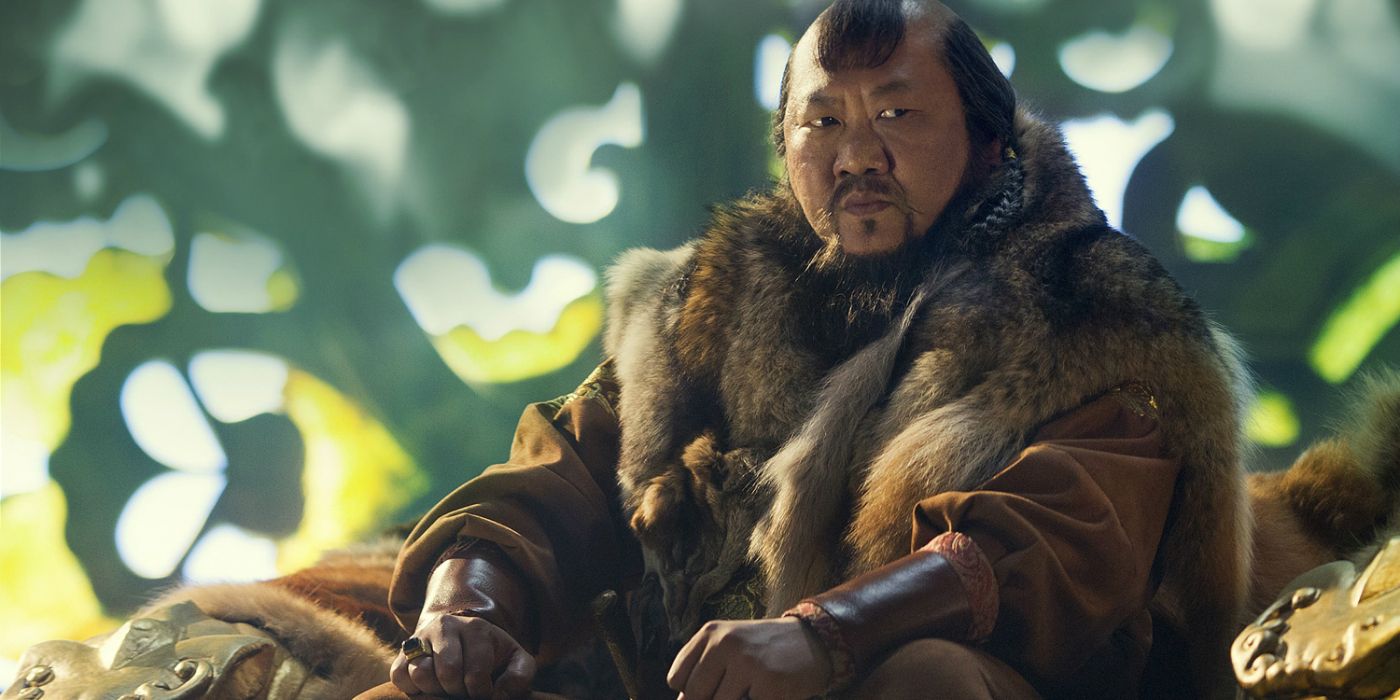
Despite the money invested in the project, Marco Polo suffered in comparison to Game of Thrones. Whereas the fantasy HBO epic quickly became a critical darling and found a massive audience to justify the cost, Marco Polo did not fare as well with critics. The first season ultimately only earned a 33% positive score on Rotten Tomatoes, with the consensus being that the series was simply boring. Richelmy’s performance was heavily criticized (although critics did seem more receptive to Wong’s work on the show), and many critics complained that the series ultimately felt derivative of other, more compelling historical epics.
Although later episodes found their footing and the second season as a whole was more well-received by critics, Marco Polo‘s initial stumbles kept it from earning the kind of industry momentum and vocal appraisals that could have translated to wider-reaching award recognition. Marco Polo was only ever nominated for a single Emmy, losing “Outstanding Original Main Title Theme Music” to Prime Video’s Transparent. Despite the critical drubbing, Marco Polo did find an audience, garnering a more positive audience score on Rotten Tomatoes and, according to Variety, even joined the top ten streaming/cable shows in the month it was released.
Marco Polo’s Cancelation Had To Do With Budget
Marco Polo Cost Netflix Roughly $200 Million In The Long Run
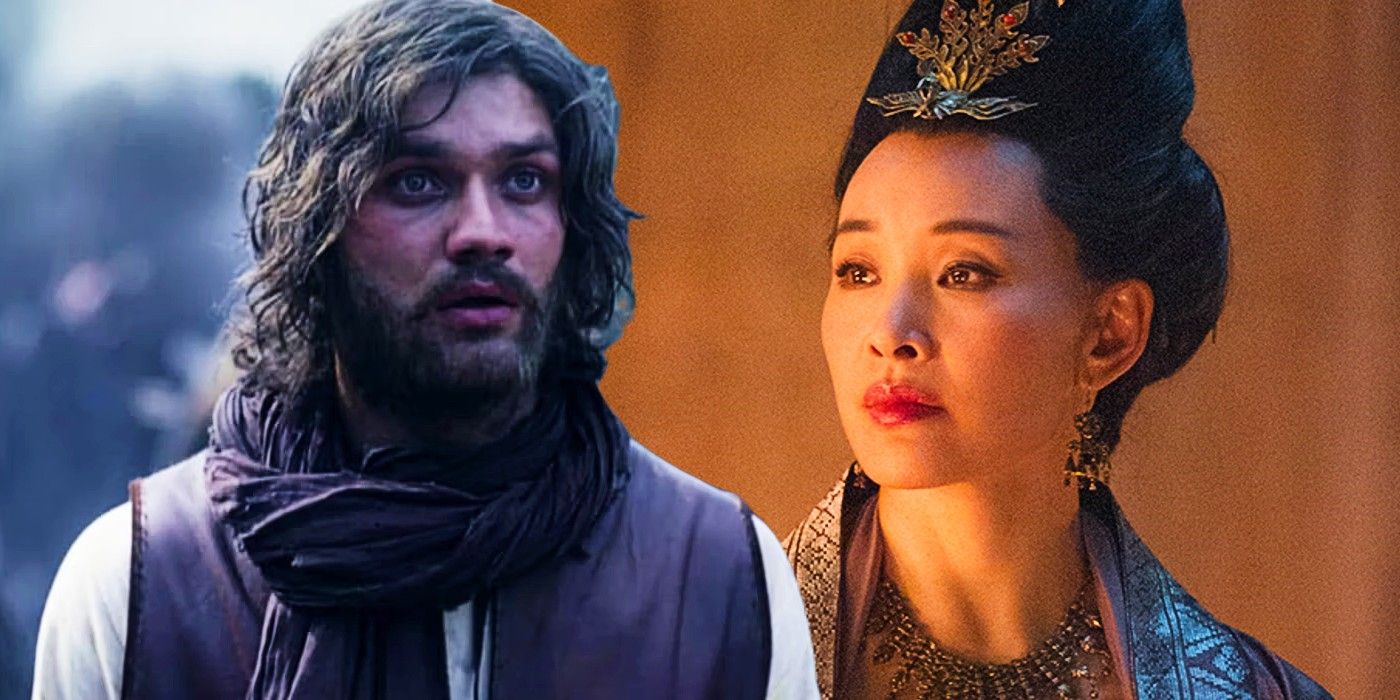
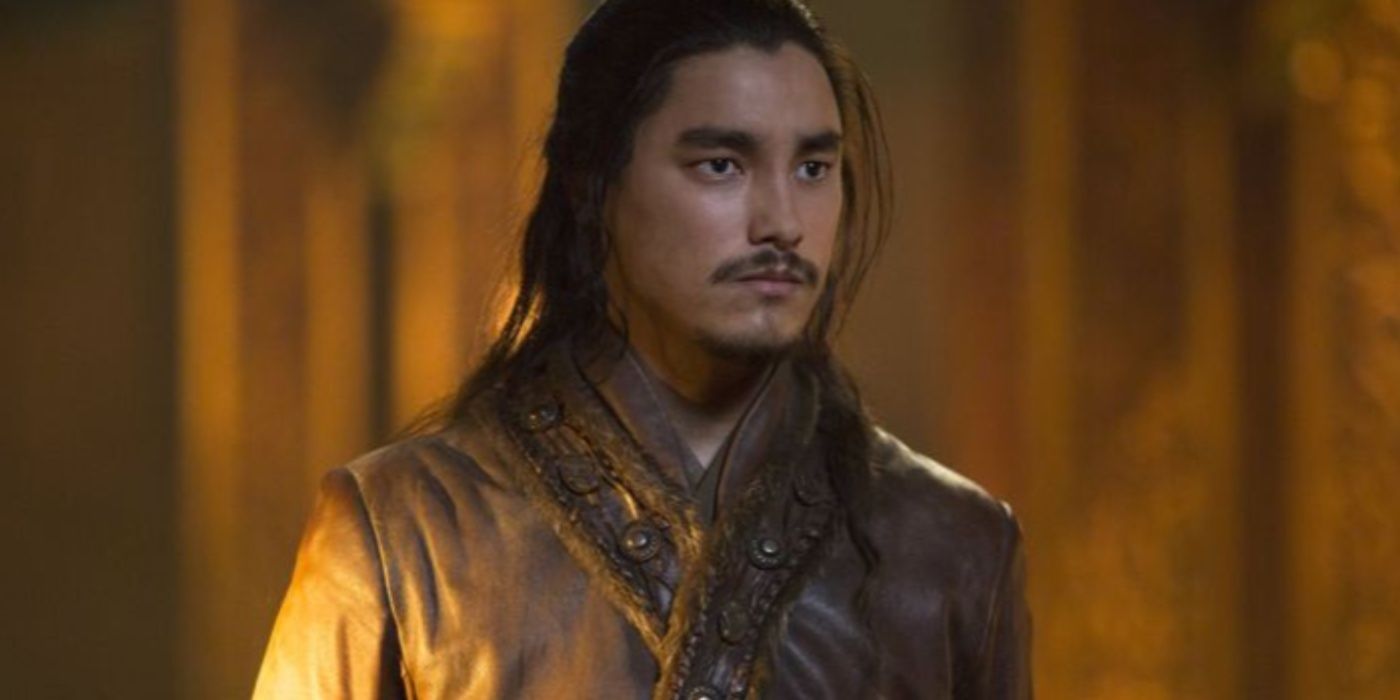
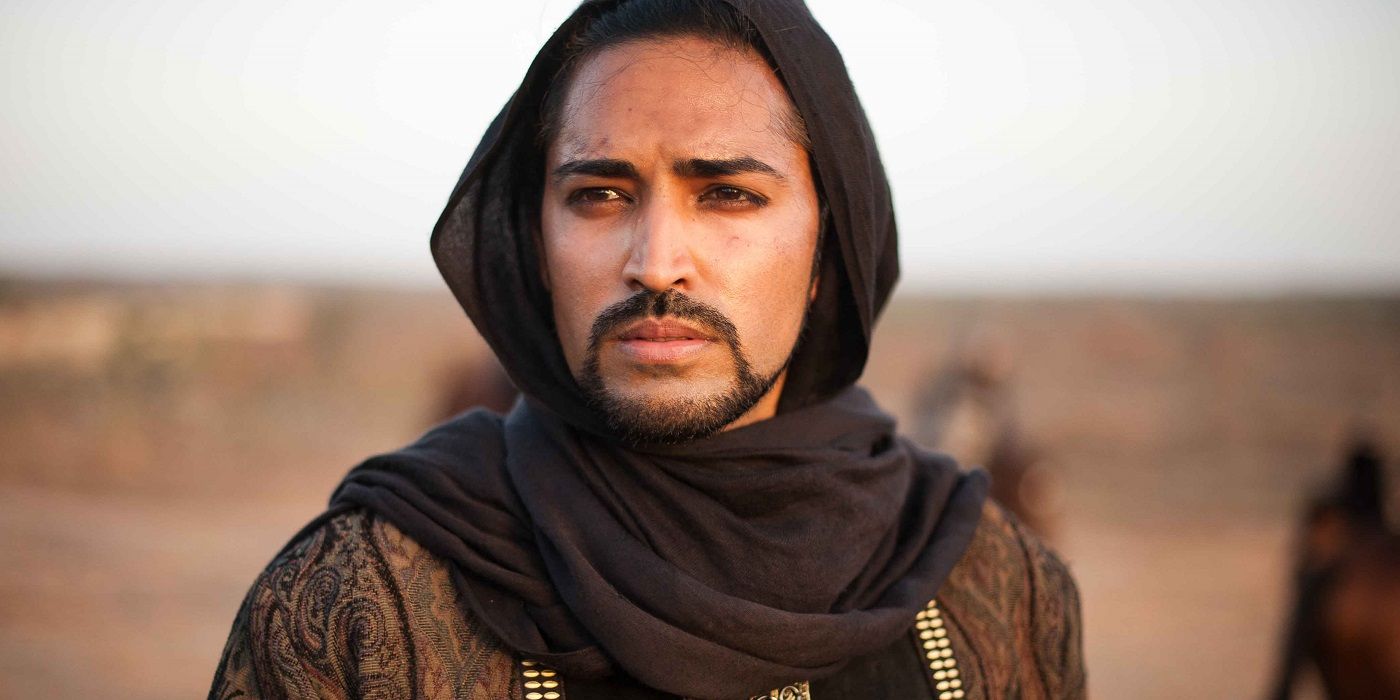
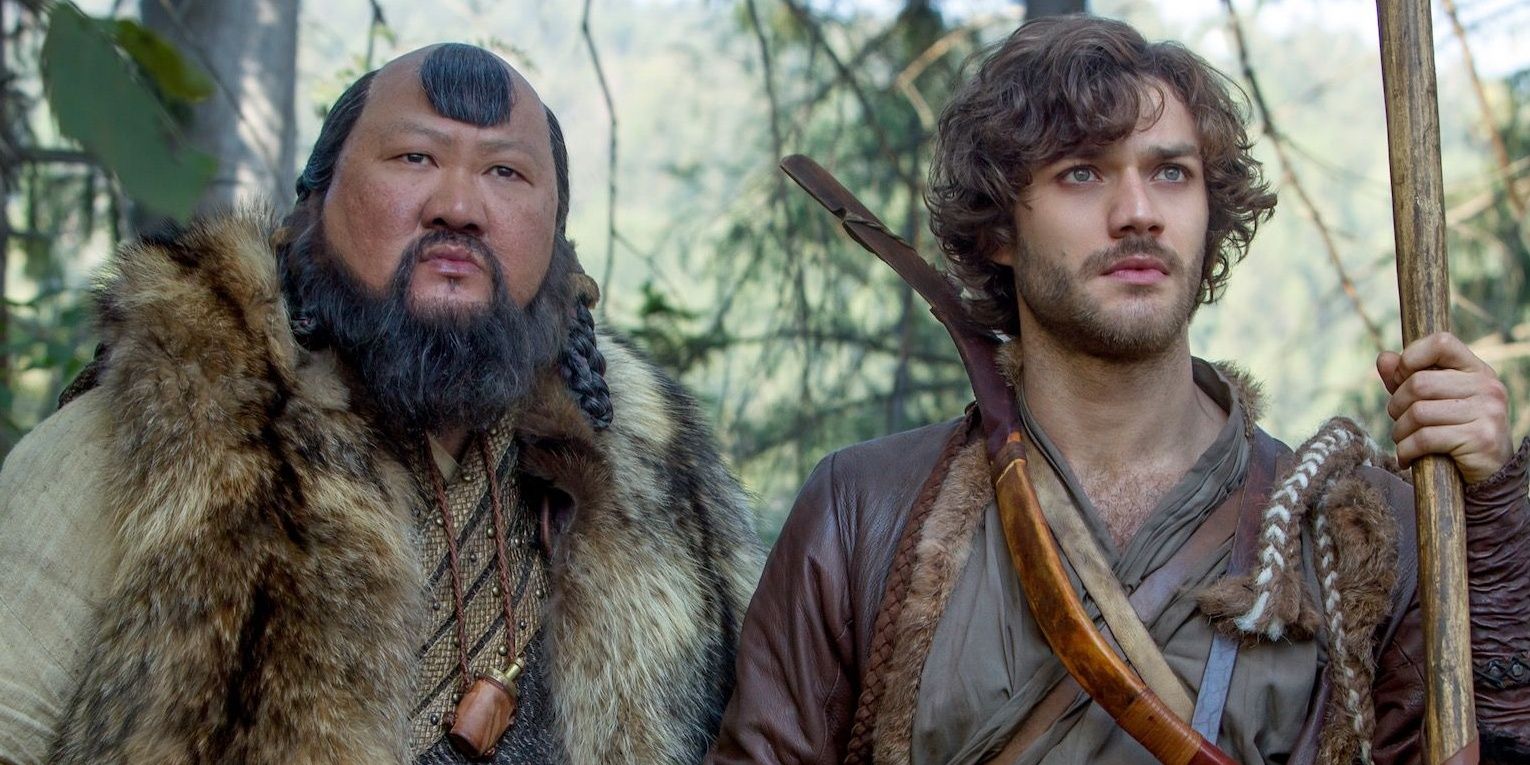
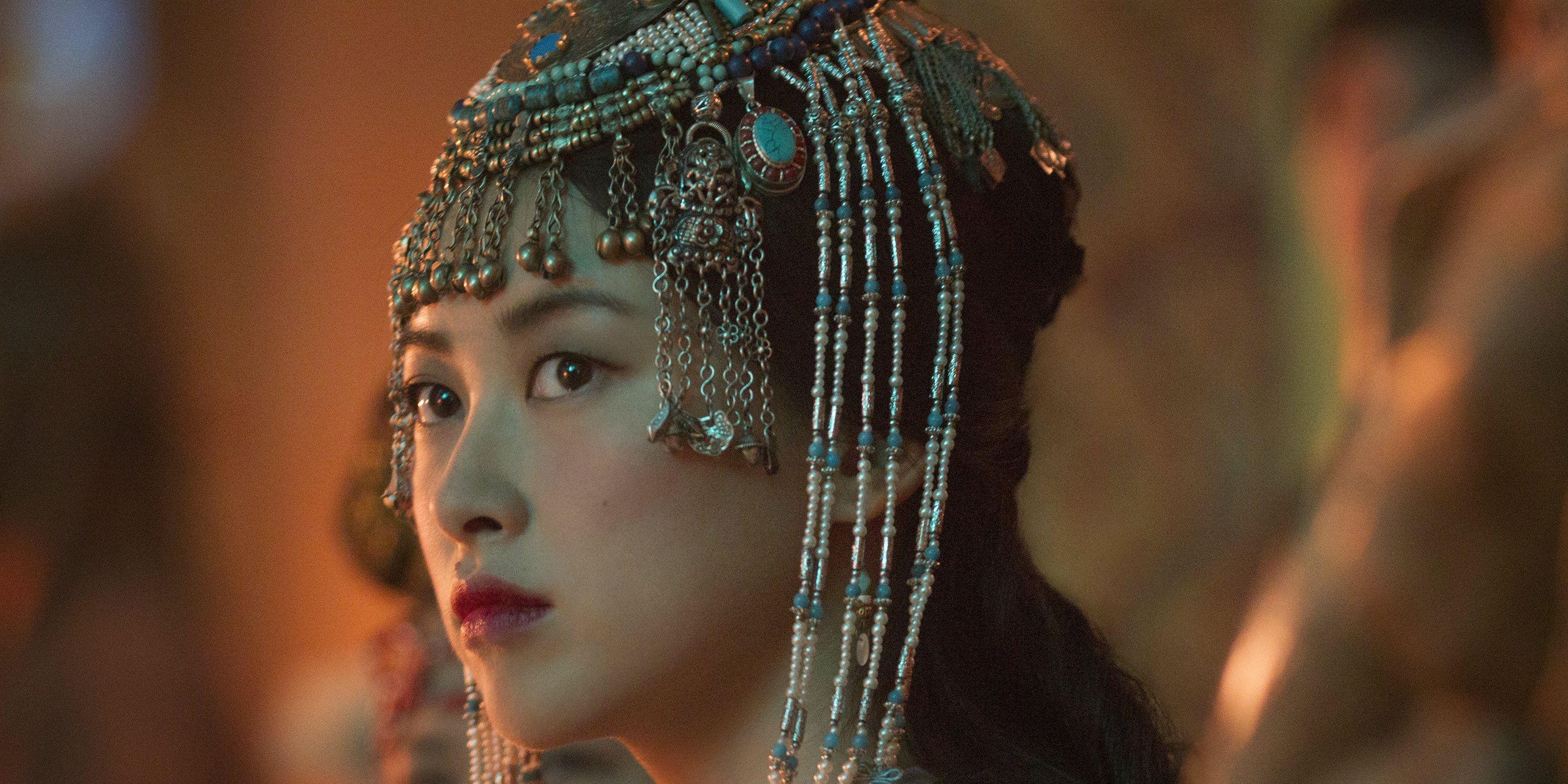





Ultimately, it was Marco Polo‘s budget that proved to be its undoing. Despite a better received second season (that moved the title character to the sidelines to focus more on characters like Benedict Wong’s Kublai Khan, Tom Wu’s Hundred Eyes, and Michelle Yeoh’s Lotus), the sheer cost of the production led Netflix and their partners at the Weinstein Company to balk at producing another season. By the time Marco Polo was formally canceled in late 2016, it had been reported by The Hollywood Reporter that the series had ultimately been considered a $200 million loss for Netflix and their partners.
This meant Marco Polo was the first Netflix Original series to not be approved for a season 3, setting off a precedent that continues with the streaming service almost a decade later. Despite the international popularity of the show (which had been lauded by critics for the show’s large representation of Asian performers and focus) and the large audience that flocked to the series, the sheer cost of the show that was failing to win Netflix acclaim proved too great to overlook. Season 2 ended on a open-ended note, alluding to future challenges that the show never got to explore.
Netflix’s Streaming Model Has Changed A Lot Since Marco Polo
How Netflix Has Adjusted Since The Inglorious End Of Marco Polo
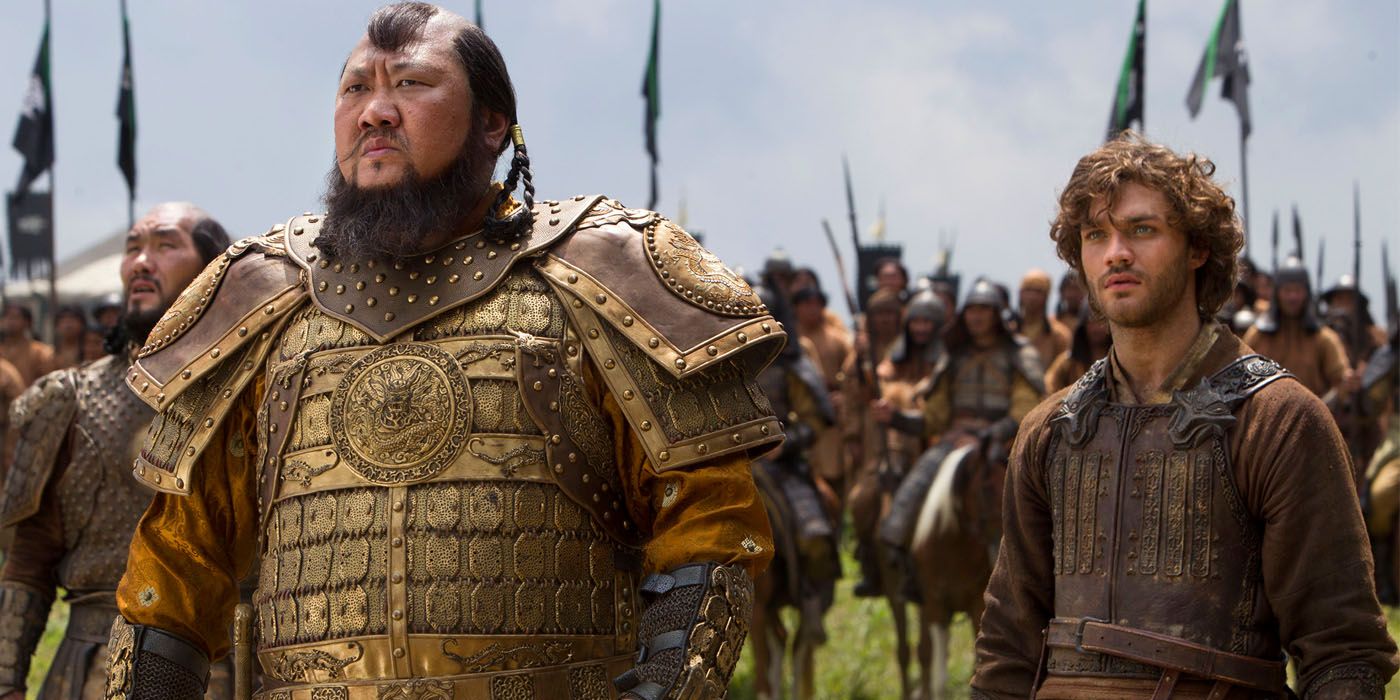
Since the cancelation of Marco Polo, the television landscape has shifted — especially at Netflix. Other streamers like Prime Video and Apple+ tried to produce their own answers to Game of Thrones, with mixed results. Netflix has since expanded its own programming slate, leaning more towards releasing a wide number of smaller shows instead of putting all their eggs into one basket. The streamer also became much more comfortable canceling shows that failed to earn quick success with audiences and critics, citing their internal algorithm. The streamer has also become more dependent on established IP (such as Wednesday and Cobra Kai).
The streamer has also embraced more international productions, suggesting Marco Polo‘s global popularity did influence the streamer. Netflix still produces expensive productions like the live-action adaptations of The Sandman or Avatar: The Last Airbender, but has proven far more willing to end shows quicker. It’s possible the high-profile failure and cost of Marco Polo shifted things irrevocably for the streamer service, convincing them that smaller projects and a harsher hand is the way to go. By trying to make Marco Polo a series that could compete with the paradigm shifter that was Game of Thrones, Netflix only truly changed itself.

